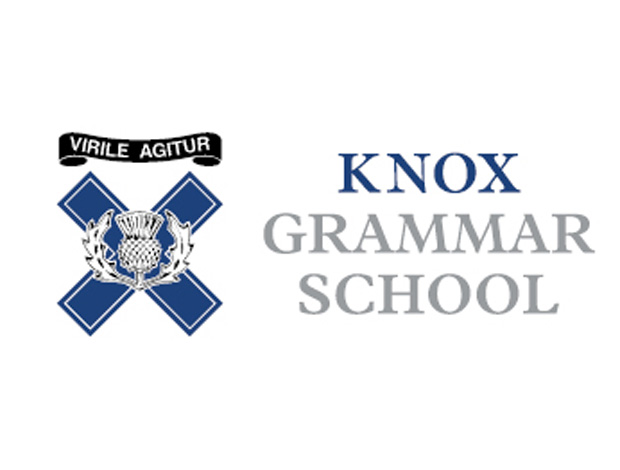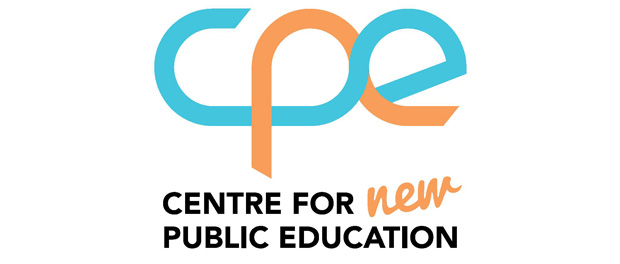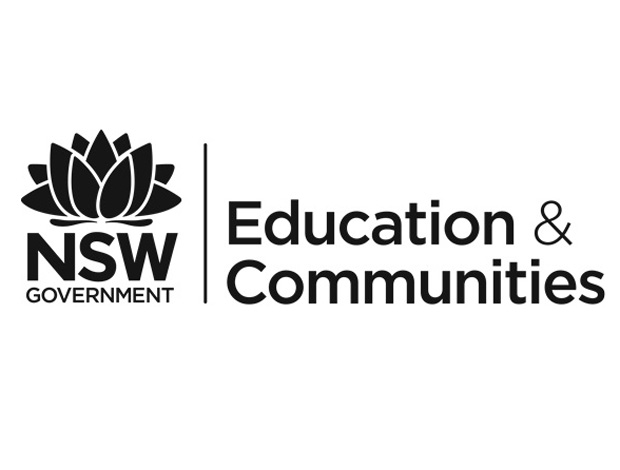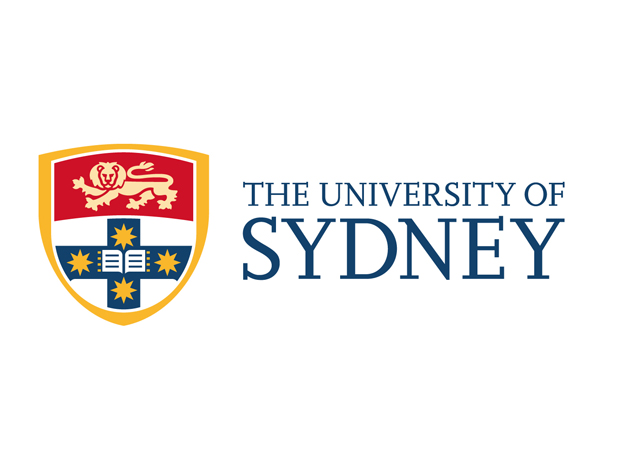I met Karen Yager, Dean of Studies at Knox Grammar School. Karen is president of the English Teachers’ Association of NSW and was previously a lecturer in Initial Teacher Training at the University of New South Wales. She presented locally, regionally and nationally on the 1999 changes to the English syllabus and ran professional development activities for the NSW Department of Education for 4 years.
Drawing on her extensive experience of designing and leading professional development workshops, she urges that critical literacy education in the UK ought to be accessible to teachers. Models, frameworks and scaffolds should be used to distil the essential characteristics of best practice to ensure a partnership approach. Materials provided to teachers must be of high quality and must make the integration of the skill easy and rewarding for teachers of all subjects. Having specialist support at the University or Department of Education level is likely to increase the success of the initiative.
At Knox, Karen has designed a number of activities which seek to promote the cultivation of critical skills. These include a Year 8 English unit on rhetoric, a Year 10 independent action research project on learning, the Da Vinci Decathlon (an international competition which tests critical and creative thinking skills), a Year 7 cross-curricular project on cultural diversity (building empathy, compassion and understanding for Aboriginal issues) and the student future-thinking team. This self-selecting team of boys from across the school design assessment tasks and present to teachers on innovative and alternative methods of learning. They create models and share exemplars, acting as a link between teachers and their peers.
When asked whether she thought critical literacy was linked to citizenship, Karen was keen to identify a difference between ‘empowered citizenship’ and ‘radical citizenship’. In her view, the role of teachers is to empower students to express and represent themselves in society in an appropriate and articulate way. It is not the role of teachers to nurture civic radicalism or social campaigning within, or beyond, classrooms. Critical literacy certainly has a role to play in equipping students with skills conducive to ‘empowered citizenship’ but the extent to which this becomes an explicit priority in schools is influenced by various factors including school leadership, teacher creativity and budgeting constraints.
The staff at Knox are empowered to create their own materials and there are some excellent examples of learning resources including ‘ethical digital citizenship’, ‘types of text’, and ‘I have an opinion’.




